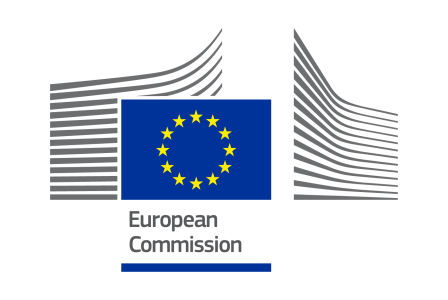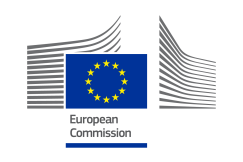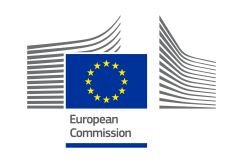Policies
01 April 2025
Food Safety Policy
Policies
01 April 2025
1. Healthy, balanced and sustainable diets for all European consumers
2. Prevention and reduction of food loss and waste
3. A climate - neutral food chain in Europe by 2050
+4 more
Login / create an account to be able to react
-
92

European Union (EU) food safety policy is mainly governed by Articles 168 (public health) and 169 (consumer protection) of the Treaty on the Functioning of the European Union. The policy aims to protect consumers, while guaranteeing the smooth operation of the single market, covering the entire food chain in an integrated way and applying a ‘one health’ approach.
It deals with safety aspects covering primary production, hygiene conditions in food processing, packaging, labelling and official controls on food safety compliance.
Editorial team
European Commission - DG SANTE
Topics
EU-27
EU Institutions
-
CoC aspirational objectives
-
-
1. Healthy, balanced and sustainable diets for all European consumers
-
2. Prevention and reduction of food loss and waste
-
3. A climate - neutral food chain in Europe by 2050
-
4. An optimised circular and resource-efficient food chain in Europe
-
5. Sustained, inclusive and sustainable economic growth, employment and decent work for all
-
6. Sustainable value creation in the European food supply chain through partnership
-
7. Sustainable sourcing in food supply chains
-
Share
The EU's food safety policy addresses various aspects, including primary production, hygiene conditions in food processing, packaging, labelling, and official controls on food safety compliance. The policy ensures that food products are safe, nutritious, and properly labelled, providing clear information to consumers. The policy also supports the smooth operation of the single market by harmonising food safety standards across the EU.
Key components of the EU food safety policy include:
Food and Feed Information Portal database: A comprehensive database providing information on food and feed safety.
The alert and cooperation network: A network to facilitate cooperation and information exchange on food safety issues.
Rapid Alert System for Food and Feed (RASFF): A system for notifying food safety risks and coordinating responses.
The EU Agri-Food Fraud Network: A network to combat food fraud and ensure the integrity of the food supply chain.
Administrative Assistance and Cooperation Network (AAC): A network for administrative cooperation on food safety matters.
Animal by-products: Regulations governing the safe handling and disposal of animal by-products.
Animal feed: Standards for the safety and quality of animal feed.
Biological safety: Measures to control biological hazards in food.
Chemical safety: Regulations to manage chemical contaminants in food.
Food waste: Policies to reduce food waste and promote sustainability.
Food improvement agents: Regulations on the use of additives, enzymes, and flavourings.
Labelling and nutrition: Standards for food labelling and nutritional information.
Novel Food: Regulations for the approval and marketing of novel foods.
Comments (0)
See also
Digital Decade Policy programme 2030
- Categories
- 2. Prevention and reduction of food loss and waste 3. A climate - neutral food chain in Europe by 2050 4. An optimised circular and resource-efficient food chain in Europe +3 more
Clean industrial deal
- Categories
- 2. Prevention and reduction of food loss and waste 3. A climate - neutral food chain in Europe by 2050 4. An optimised circular and resource-efficient food chain in Europe +3 more
EU Social Dialogue
- Categories
- 2. Prevention and reduction of food loss and waste 3. A climate - neutral food chain in Europe by 2050 4. An optimised circular and resource-efficient food chain in Europe +3 more




